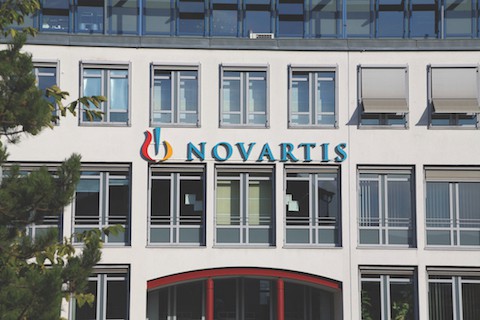
Novartis’ investigational treatment asciminib induced a superior molecular response rate (MMR) compared to Pfizer’s Bosulif in chronic myeloid leukaemia patients (CML).
The detailed results, presented at the annual American Society of Hematology (ASH) meeting, come from the phase 3 ASCEMBL study.
CML is a type of cancer in which the body produces cancerous white blood cells and almost all CML patients have an abnormality known as the Philadelphia chromosome, which causes malignant white blood cells to proliferate.
Asciminib is designed to specifically target the ABL myristoyl pocket (STAMP). In the ASCEMBL study, at 25 weeks asciminib almost doubled the MMR rate in patients with Philadelphia chromosome-positive chronic myeloid leukaemia compared to Pfizer’s Bosulif.
Patients included in this study had been heavily pre-treated, having previously received at least two or more tyrosine-kinase inhibitors (TKI).
“Novartis has been at the forefront of CML research for years – significantly changing the prognosis for patients. We are very proud to once again advance a potentially transformative medicine, a novel STAMP inhibitor, for those who do not adequately respond or who are intolerant to currently available TKIs,” said John Tsai, head global drug development and chief medical officer, Novartis.
“There is a clear need in later lines of therapy and, based on these results, we believe asciminib may become an important new development for patients. We look forward to sharing the data with regulatory authorities and moving forward with submissions worldwide,” he added.
Pfizer’s Bosulif is already approved for the treatment of adults patients with Philadelphia chromosome-positive CML who are in the chronic, accelerated or blast phases of the disease.
If asciminib is approved it will add to Novartis’ existing portfolio of blood cancer treatments, including Gilvec and Tasigna (nilotinib), which is indicated for the first-line treatment of paediatric patients with newly diagnosed Philadelphia chromosome-positive CML in the chronic phase (Ph+ CML-CP).
The US Food and Drug Administration (FDA) has already granted asciminib a fast track designation in CML and Novartis is planning to submit the drug to the US and EU health authorities in the first half of 2021.




